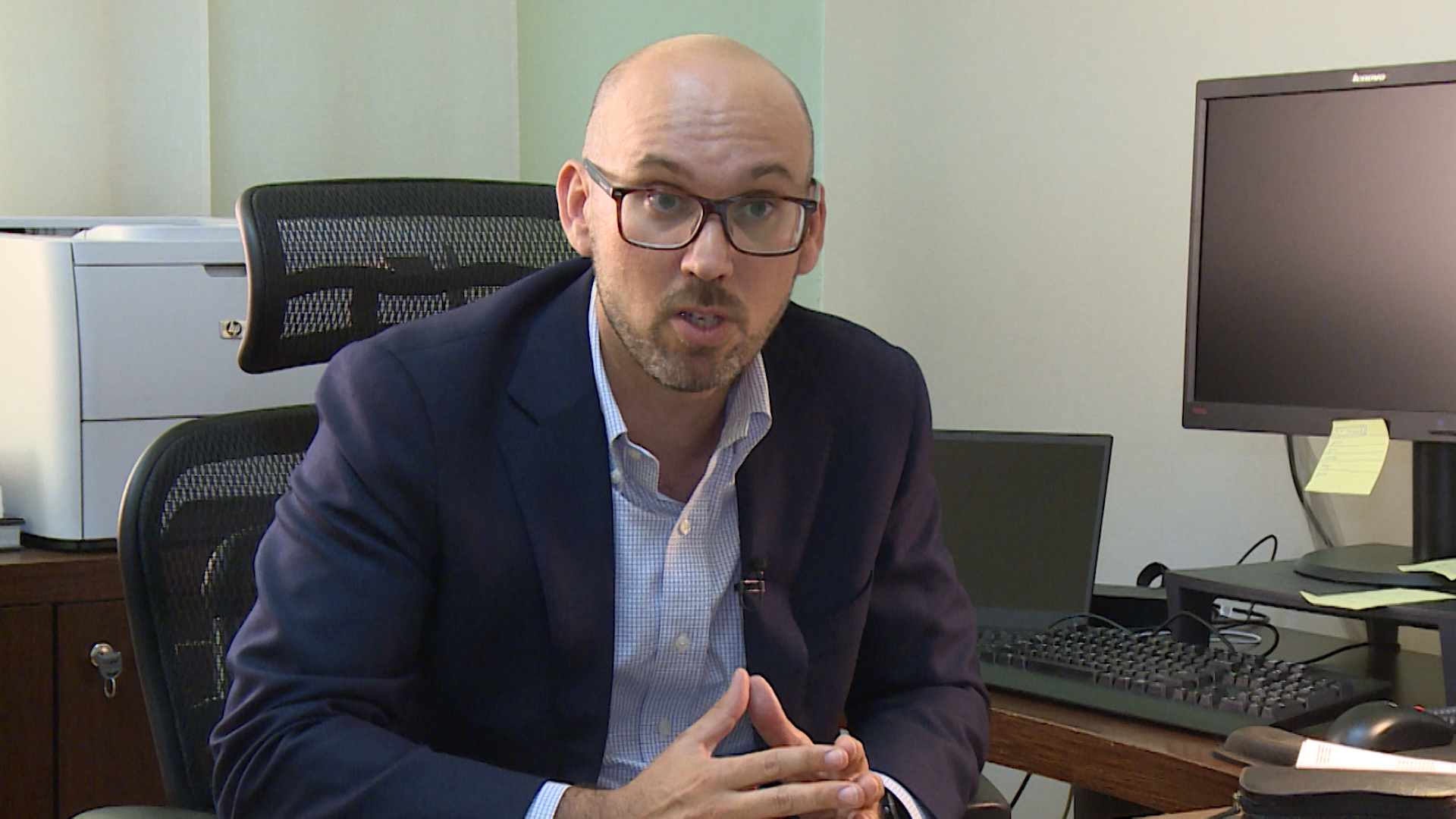
The laws the protesting war veterans are pressing for would jeopardize the financial stability of the Federation (FBiH), one of the two semi-autonomous regions in the country, International Monetary Fund (IMF) Resident Representative, Francisco Parodi, told N1 on Monday.
Veterans have set up camp in front of the FBiH Government building more than a year ago in an effort to pressure MPs to adopt a set of laws that would, among other things, increase their monthly benefits and end the government funding of hundreds of veterans’ associations which protesters say were did nothing for them while siphoning funds from the budget that could have gone to the veterans directly.
The protesters also want a register of veterans to be published so it is available for everyone to see since they assume that many of those currently receiving government benefits never really fought during the 1992-1995 war.
The FBiH House of Peoples had adopted a draft law meeting the veterans’ requirements but its text was different than the one adopted by the House of Representatives. A commission tasked with harmonizing the two versions met last week and finalized its work. The two chambers are now expected to meet to approve the final version of the law.
Veterans wanted the sessions to take place on Tuesday, but this was not agreed on at an FBiH Parliament session on Monday, so the protesters blocked traffic on several locations in the country.
Meanwhile, international observers keep criticizing the law that is to be discussed. Because implementing the law would require so much money which the budget had not foreseen, the IMF has delayed its latest tranche to the country.
Parodi said that authorities had claimed that implementing the law would cost BAM 14 million but that the IMF realized it will cost much more.
"We are talking about several hundred million BAM according to some estimates," Parodi said, adding that this will completely cripple the FBiH Government in spending sufficiently in education and healthcare and that it will disable it from making any investments.
The IMF indefinitely delayed a meeting that was supposed to take place in June and where a tranche of 38 million Euro for Bosnia was to be discussed, Parodi said.
He pointed out that the IMF is not opposed to adopting a law on veterans rights, but one that would ensure that the right people get the right amounts of money, that the process is transparent and that the whole package is affordable.
"Unfortunately, this new law that is currently being discussed does not meet any of the mentioned criteria," he added.
The proposed law would also jeopardise the obligations Bosnia stated in a letter of intent the country handed to the IMF, he said.
"This was meant to maintain a very reasonable fiscal balance and steer spending from current transfers which are without a clear goal toward priority sectors, such as education, healthcare and investments. These goals will be jeopardised with this law," he said.
Kakvo je tvoje mišljenje o ovome?
Učestvuj u diskusiji ili pročitaj komentare





 Srbija
Srbija
 Hrvatska
Hrvatska
 Slovenija
Slovenija



























































